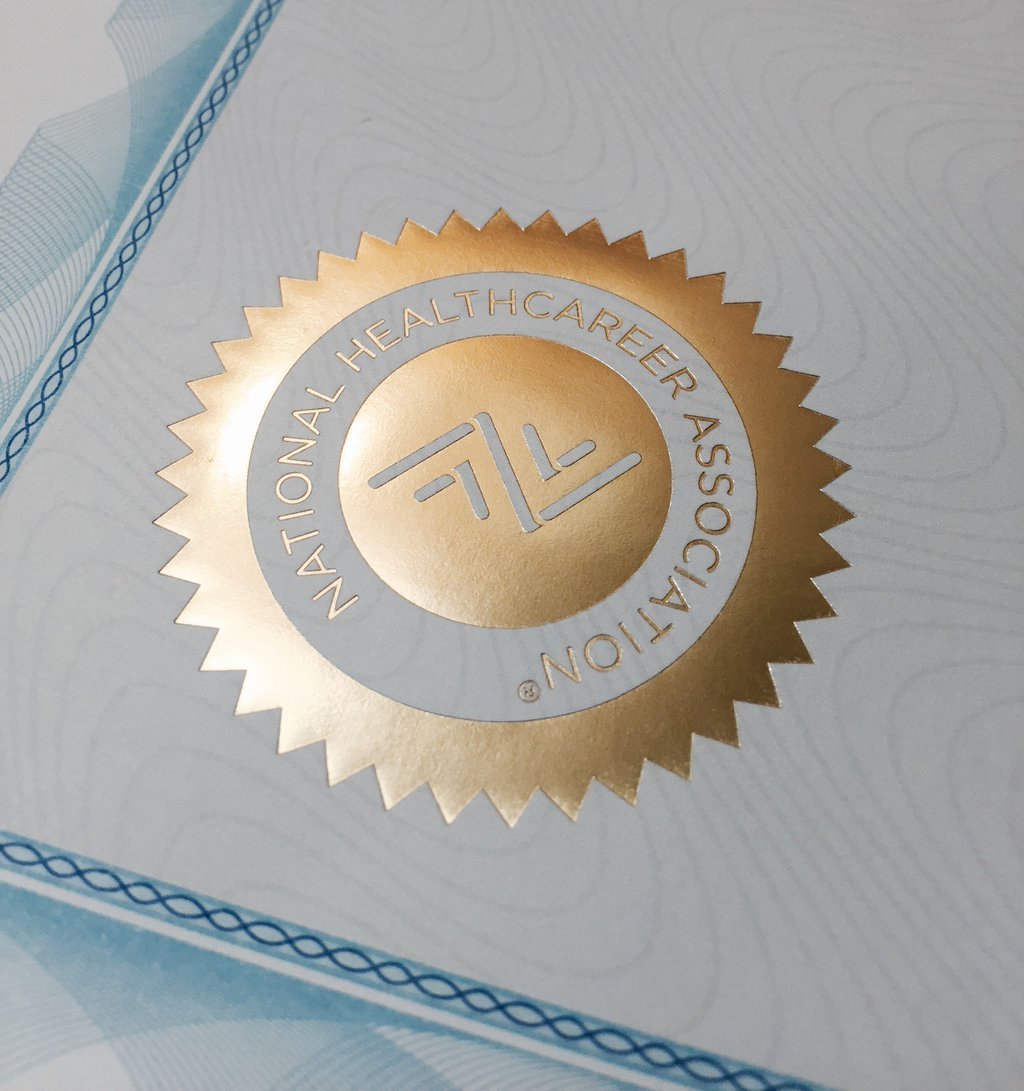As an allied health professional, your days are spent investing your expertise, energy, and compassion in the lives of the patients you serve through your clinical or administrative skills. Each interaction and task throughout your day is an opportunity to ensure that the patients you care for feel the commitment you have to your chosen career and to their experience.
Medical offices and hospitals rely on electronic health records (EHRs) to securely and accurately document patient information. They depend on these systems to organize patient data, medical records, and treatment histories. This information is all critical to patient safety and satisfaction, which is why tech-savvy professionals with EHR knowledge and skills are highly sought after by healthcare employers.
In the allied health professions there is a continuous trend of professionals stacking, or obtaining more than one credentials. Medical assistants getting their Certified Clinical Medical Assistant (CCMA) credential and stack it with a Certified Phlebotomy Technician (CPT) credential. Medical administrators, get both credentials as a Certified Billing and Coding Specialist (CBCS) and a Certified Medical Administrative Assistant (CMAA). But, what is the value of stacking credentials for allied health professionals?
We're seeing more and more allied health professionals achieving stacked credentials — meaning they're getting more than one allied health certification.
Why are they doing this?
Should you be stacking credentials?
What's the benefit to you?
Keep reading to discover why stacking credentials is a growing trend in allied health, and why maybe you should consider it, too.





